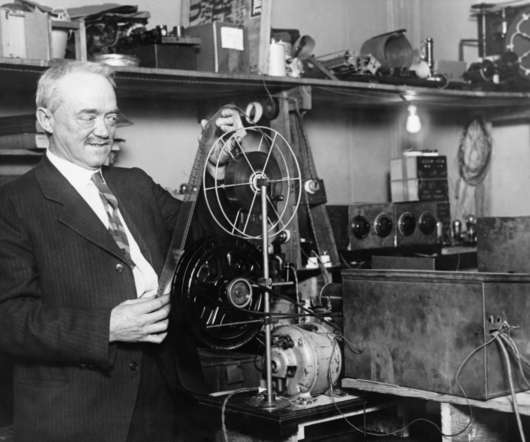Maxim Behar: What will be the television of the future
Maxim Behar
OCTOBER 19, 2022
Maxim: What wesee on social media cannot be shown on a screen. Of course, radio stations have direct lives all the time to be able to engage their listeners. They don't go away because they have bad journalism, but because they don't have ads. A click to a social media site could not be rigged, could not be manipulated.











Let's personalize your content